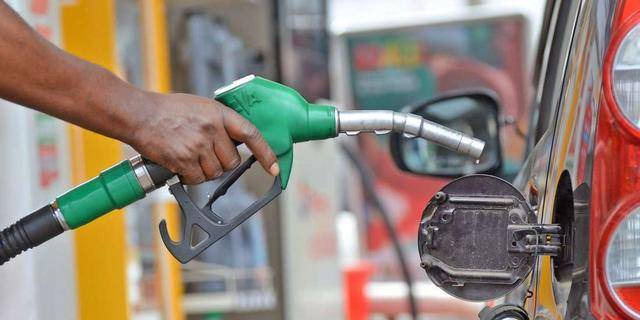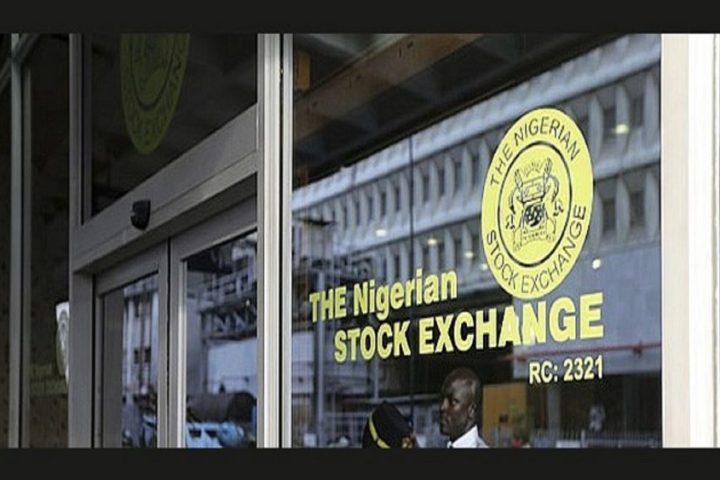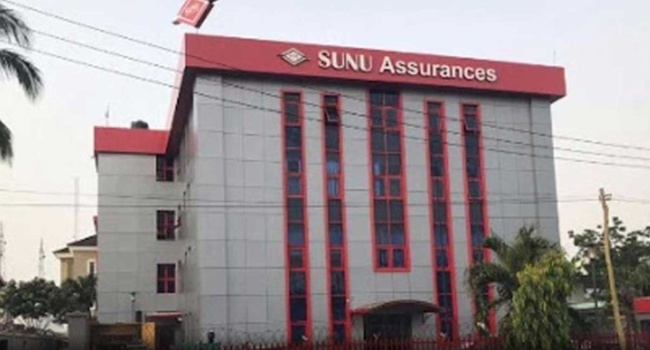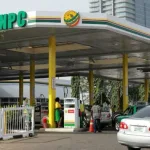The prices of Premium Motor Spirit (PMS) have been readjusted by the Nigerian National Petroleum Company (NNPC) Limited after its previous increase in May.
Prime Business Africa previously reported that the NNPC Limited readjusted fuel prices from N189 per litre to above N500 per litre after President Bola Tinubu announced the immediate removal of fuel subsidy during his inaugural speech on 29 May.
Join our WhatsApp ChannelThe NNPC has further increased the prices of fuel to around N568 and N580 per litre, according to litre prices seen on the boards of the firm’s retail stations in Ogun State areas on Tuesday.
Aside from the government-owned oil company, Mobil filling stations have also hiked their prices to reflect the adjustment, as their board shows N568 per litre.
Three weeks ago, the National Controller Operations of the Independent Petroleum Marketers Association of Nigeria (IPMAN), Mike Osatuyi, had projected that the prices of fuel will cross N600 per litre in Lagos and hit N700 at some locations in Northern states.
Today, according to multiple photos and reports that emerged showed that fuel was sold at N617 per litre in Abuja.
Giving reasons for the projected increase, Osatuyi stated that the fuel prices will be driven by the landing cost, the exchange rate movement and the current crude price at the international market.
Osatuyi said: “What I am seeing is around N600 and above, depending on the exchange rate, the current crude price at the international market and the landing cost.
“Those in Lagos will pay around N600, those outside Lagos around N600 plus, while those in the north would be paying anything from N700 and above.”
Also, the Chief Executive and Chairman of 11 Plc, Tunji Oyebanji, said if the fuel prices in Nigeria are not close to the cost in other West African countries, then the probability of the pump price rising in Africa’s largest economy is high.
“The truth now is that if you look at the prices of other West African countries that also import petrol, then, you will have an idea of what the price will likely be once companies start importing.
“So, if the price we have now is not anywhere close to theirs, then, we are not yet there. Another indicator should be the current price of diesel,” Oyebanji noted.

















Follow Us